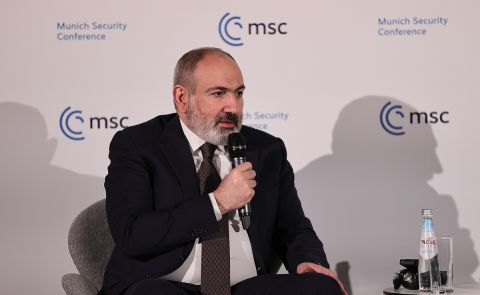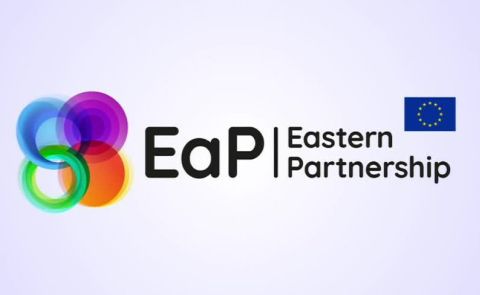
The Hidden Crisis of Georgia’s Nongovernmental Sector
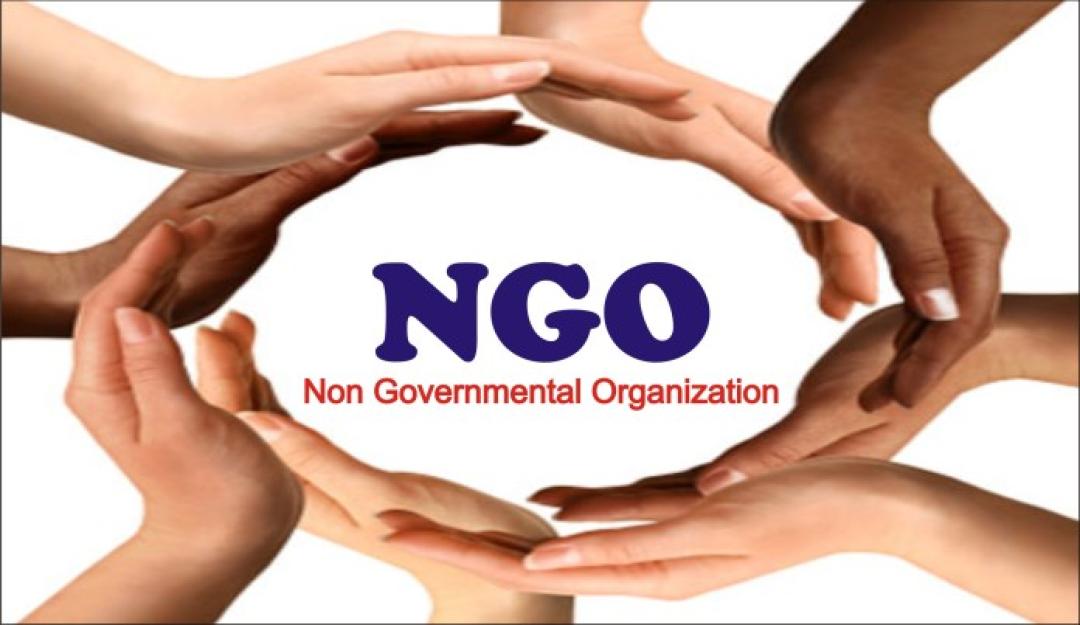
Contributed by Archil Sikharulidze, Co-founder of the Center for Systemic Political Research (CSPR), Editor of Georgian Journal of Systemic Politics (GJSP), Invited Lecturer at Tbilisi State University (TSU).
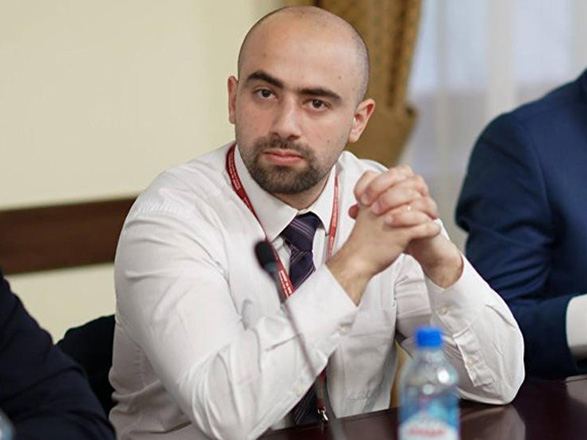 The topic of Georgia’s nongovernmental realm is highly sensitive. This sector played a crucial role in building local civil society and pushing a wide-range of important reforms since the beginning of the restoration of Georgia’s statehood. Furthermore, it is still on the forefront of changes that the country needs to apply to ensure political, economic and, most importantly, social prosperity of the state as well as the society at large. At the same time, the nongovernmental sector has not remained static over the last three decades; it has been evolving and transforming, keeping up with timely challenges and internal processes/environment. Thus, it had gone through a significant metamorphosis. And while there are no doubts with regard to the role of the sector, more and more analysts and scholars do raise concerns that it has become highly politicized and detached from Georgian realities, lacking vital legitimacy and trust from the local society as well as from regular citizens. By and large, it is in a deep crisis that is being intentionally hidden and turned a blind eye on.
The topic of Georgia’s nongovernmental realm is highly sensitive. This sector played a crucial role in building local civil society and pushing a wide-range of important reforms since the beginning of the restoration of Georgia’s statehood. Furthermore, it is still on the forefront of changes that the country needs to apply to ensure political, economic and, most importantly, social prosperity of the state as well as the society at large. At the same time, the nongovernmental sector has not remained static over the last three decades; it has been evolving and transforming, keeping up with timely challenges and internal processes/environment. Thus, it had gone through a significant metamorphosis. And while there are no doubts with regard to the role of the sector, more and more analysts and scholars do raise concerns that it has become highly politicized and detached from Georgian realities, lacking vital legitimacy and trust from the local society as well as from regular citizens. By and large, it is in a deep crisis that is being intentionally hidden and turned a blind eye on.
Usually, such criticism is being countered by representatives of the nongovernmental sector as a pro-Russian narrative aimed at insulting and undermining civil society by politically motivated actors that aspire to stop Georgia’s democratic development. But the latest public opinion survey by CRRC Georgia in combination with the BTI 2020 Country Report have arguably proven that the concerns mentioned above are not only a figment of the imagination of ill-wishers but indeed real challenges in need to be discussed and dealt with.
Legitimacy and Trust
Every nongovernmental sector is historically a product of volunteering and relies on two significant variables: legitimacy and trust that derive mainly from the local community. To be more precise, representatives of a particular society do create civil society organizations to handle issues on the ground; this activism is financed by residents and it ensures the legitimacy of actions undertaken by the organization as well as a continuing trust. This functional chain (volunteering, investments, legitimacy and the trust, abb. VILT) was broken in the post-Soviet space due to lack volunteering culture and fiscal capabilities. As a result, the nongovernmental sector of Georgia as such was totally built on donations and grants coming from external actors, especially from the US and European countries. This dependency was justified in 90s and 2000s in the wake of political and socio-economic catastrophe. At the same time, Georgia experienced positive changes over the last two decades that raised hopes among its strategic partners that local society will finally start investing into the nongovernmental sector, resulting in a decreasing share of external actors. In theory, this should have further strengthened the importance of the NGOs and increased their legitimacy as well as their trust. Generally speaking, an appliance of the VILT formula should have brought together the nongovernmental sector, on the one hand, and the regular citizens, on the other hand.
We may definitely argue that the transition failed and that the local nongovernmental sector still heavily relies on external actors, while local investments remain miserable. Such disposition raised concerns that the sector is detached from the larger Georgian society, being an elitist union and pushing agendas relevant for its external contributors but which are frequently irrelevant for the people on the ground. Furthermore, a lack of financial assistance from regular citizens undermines legitimacy and trust at large. These points, usually met by the representatives of the leading nongovernmental organizations with a strong hostility, have been at least partially proven by the latest research reports by CRRC Georgia and BTI Index. The survey showed a low trust-level toward the sector, while the country report re-iterated its elitist nature and its detachment from the wider Georgian society.
From Volunteering to Politics
Yet, another disturbing tendency that needs to be investigated is the extreme speed at which the nongovernmental sector is politicizing. We are witnessing a process, in which representatives of local civil society organizations transfer from the nongovernmental sector into politics, while politicians actively move into the sector on a regular basis. Generally speaking, this exchange of human capital actively started after the so-called Rose Revolution, when civil activists from, for example, the Liberty Institute, collectively transferred to the newly established power structures. As a result, there are doubts whether local NGOs are politically neutral and objective watchdogs, and not simply lobbyists of their own preferences or political and business actors. For example, the three latest chairpersons of the Georgian Young Lawyers Association (GYLA), one of the largest human rights watchdogs in Georgia, Ms. Tamar Chugoshvili, Mr. Kakha Kozhoridze and Ms. Anna Natsvlishvili, actively joined political processes. Simultaneously, after the regime change in 2012-2013 due to parliamentary and presidential elections, in which the United National Movement has been replaced by the Georgian Dream Coalition, former high-ranking officials established their own nongovernmental organizations, actively participating in the political life and becoming direct rivals of the current ruling party. By the end of the day, it became difficult to trust the nongovernmental sector, even though the absolute majority of Georgian society would like to belief that the sector is working for the people.
Apart from that, we must also mention the naïve views that existed in Georgia since the foundation of the nongovernmental sector as such. Particularly, there was an idealistic perception of liberal democracy, meaning that local society was easily lured in by its promises, which led to the sacralization of its founding process. Hence, the nongovernmental sector, as an inherent part of the new model, has been shaped into a radically selfless and altruistic phenomenon in the hearts and minds of regular citizens. And even though altruism and volunteering have historically been two obvious founding pillars, the sector itself is heavily affected by individual interests and approaches. Nowadays, the larger Georgian society, after getting over its political growing pains, started to realize thatliberal democracy is neither perfect nor is the nongovernmental sector free from egoism and other unpleasant reflections of everyday life.
By and large, Georgia’s nongovernmental sector is in a crisis that their representativesare unwilling to acknowledge. Furthermore, criticism can lead to counter allegations for promoting pro-Russian narratives by undermining legitimacy and trust toward the allegedly neutral watchdogs. At the same time, more and more local analysts and scholars raise concerns that civil society organizations became detached from the larger Georgian society due to a total dependency on its Western financial sources. In turn, this leads to a lack of legitimacy and trust from regular citizens. Additionally, there are serious doubts whether the sector itself is politically neutral and still continues to play “the watchdog” role. These allegations are being further strengthened by the active human capital exchange between the nongovernmental and the political dimensions. These factors in combination with idealistic perceptions of liberal democracy, including those of the nongovernmental sector as a phenomenon, contribute to an increased feeling of disappointment that must be dealt with and not simply turned a blind eye on.
See Also

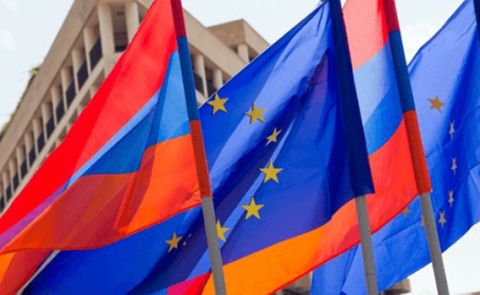
Armenia's Pursuit of Western Allies in the Wake of the Failed Russian Alliance
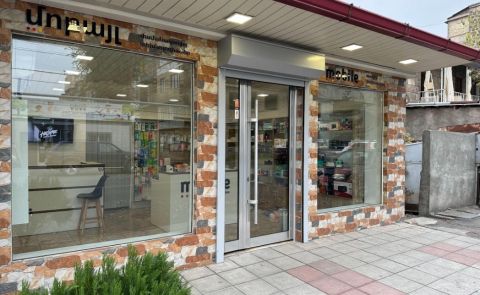
Building a New Beginning: Struggles and Triumphs of Armenians from Nagorno-Karabakh
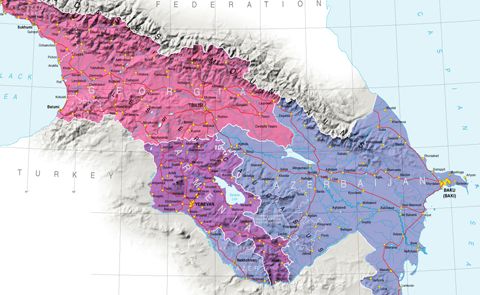
Trade Networks in the South Caucasus: Future Plans and State of Art

The Daily Struggles of Karabakh Armenians in Their New Home
